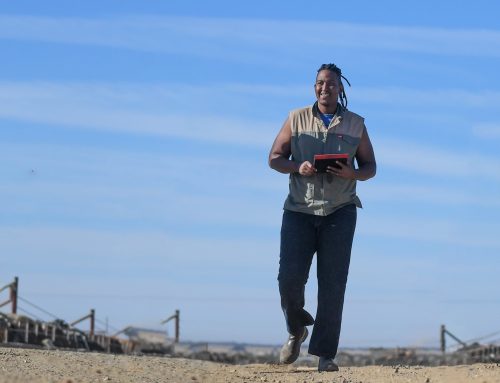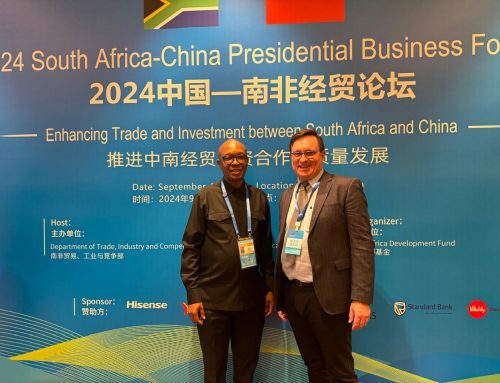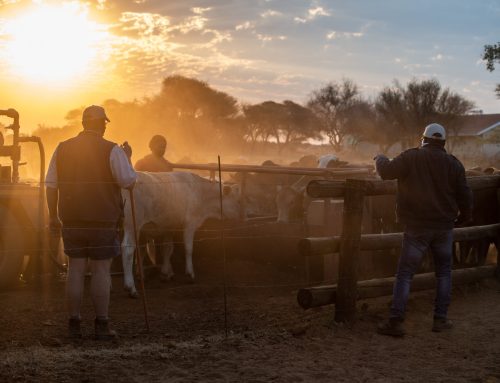South Africa’s youth unemployment rate is in a state of crisis. Statistics South Africa recently revealed that at least 66.5% of youth are unemployed, despite an increase of some 370 000 new jobs created during the past quarter. This is an amount of 21 million people or so – a third of the population – and a world record for joblessness.
“The only way we are going to make a lasting, positive impact and change this grim picture is by investing in the youth and providing them with critical skills,” says Cindy Nkgoeng, HR manager at Beefmaster Group, Kimberley’s largest private employer.
Nkgoeng says that it is vital that space is created in the basic education system to better help children prepare for the world once they leave school, as well as to acquire the skills that will make them employable.
“However, there are socio-economic barriers – especially in Kimberley and the broader Northern Cape – that need to first be addressed. These include substance abuse and teenage pregnancy, which impact the school dropout rate, and ultimately affect their chances of acquiring the right skills and finding employment. It is a vicious and entrapping cycle.”
She says the second inhibiter for many youths who qualify to study further, is a lack of funds or financial assistance.
“This is where businesses can make a huge difference to move the needle on the high unemployment rate, by offering bursaries and experiential training to the youth. This way they will acquire the critical skills in-demand by employers.”
This is exactly what Beefmaster Group is doing. This year, the company is investing 60% of its annual training budget of approximately R1.3 million on its younger employees who are between the ages of 19 and 35. The youth make up about 75% of the company’s workforce.
“We make a significant contribution to Kimberley’s youth unemployment rate,” says Nkgoeng.
She says that the company is focussed on upskilling the youth on industry-related critical and scarce skills. This includes Animal Production qualifications, quality assurance and technical and maintenance skills. The latter includes boiler operator and maintenance, refrigeration expertise, electrical and fitter and turner positions, and technical meat cutting skills.
She says Beefmaster Group provides opportunities on its apprenticeship program where currently, three young people are financially assisted to acquire formal qualifications as electricians and fitter and turners.
“We have also seen great success when hosting and providing practical experience to young people. Recently, 20 youth studying towards meat cutting technicians and butchery qualifications were given practical experience at our factory shop in Kimberley, and 80% of them were given permanent positions in the business.”
Another way Beefmaster Group contributes to the development of its young leaders is by investing in their education.
“We fund our employees to study further at universities and higher education institutions, through our Employee Study Assistance Program. We are currently assisting seven employees at Kimberley and a further three at Christiana, with bursary assistance,” concludes Nkgoeng.
In the near future, Beefmaster Group plans to make a difference to the critical shortage of the formal skills in the agricultural sector, by making bursaries available to young university students studying towards animal production qualifications.






